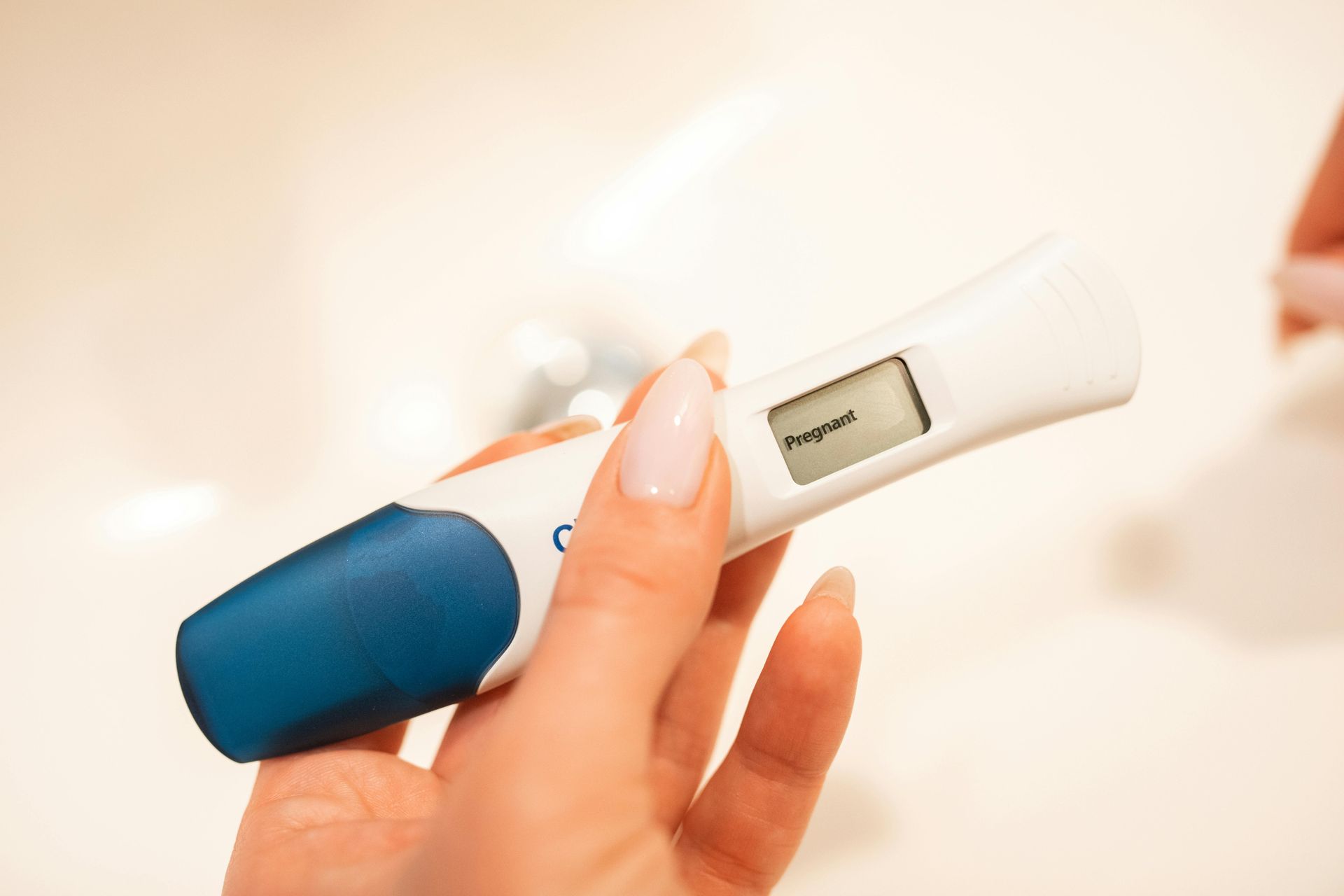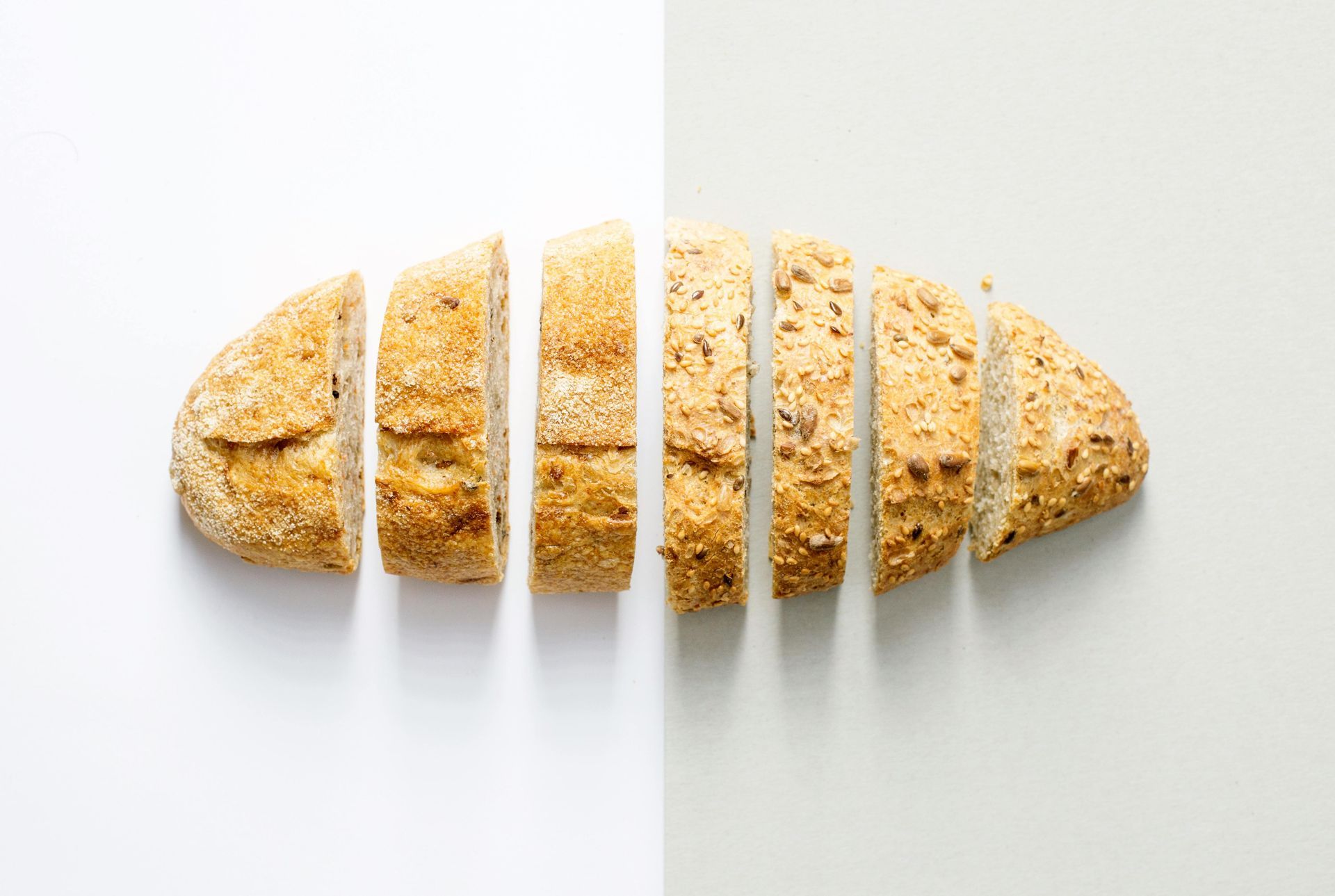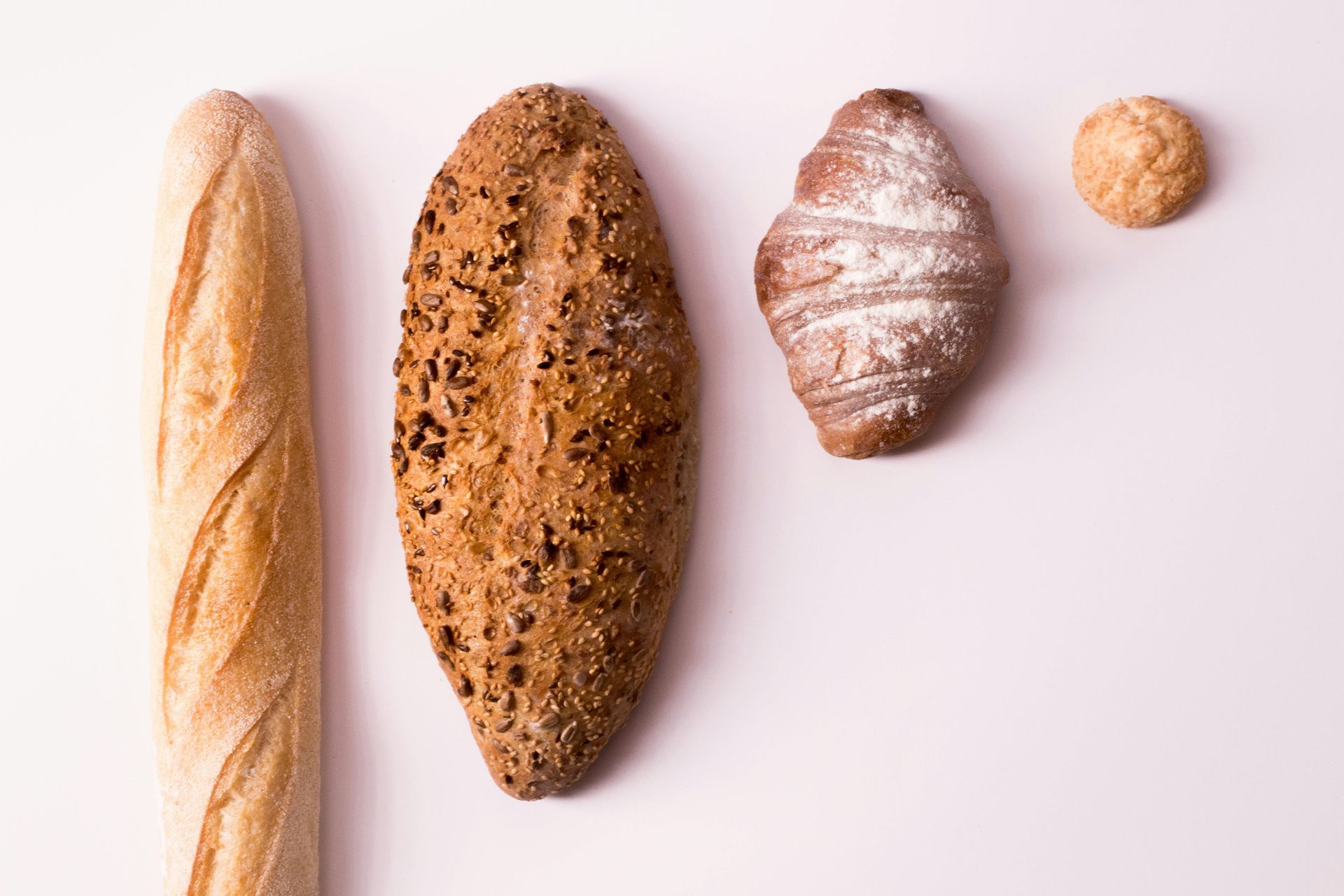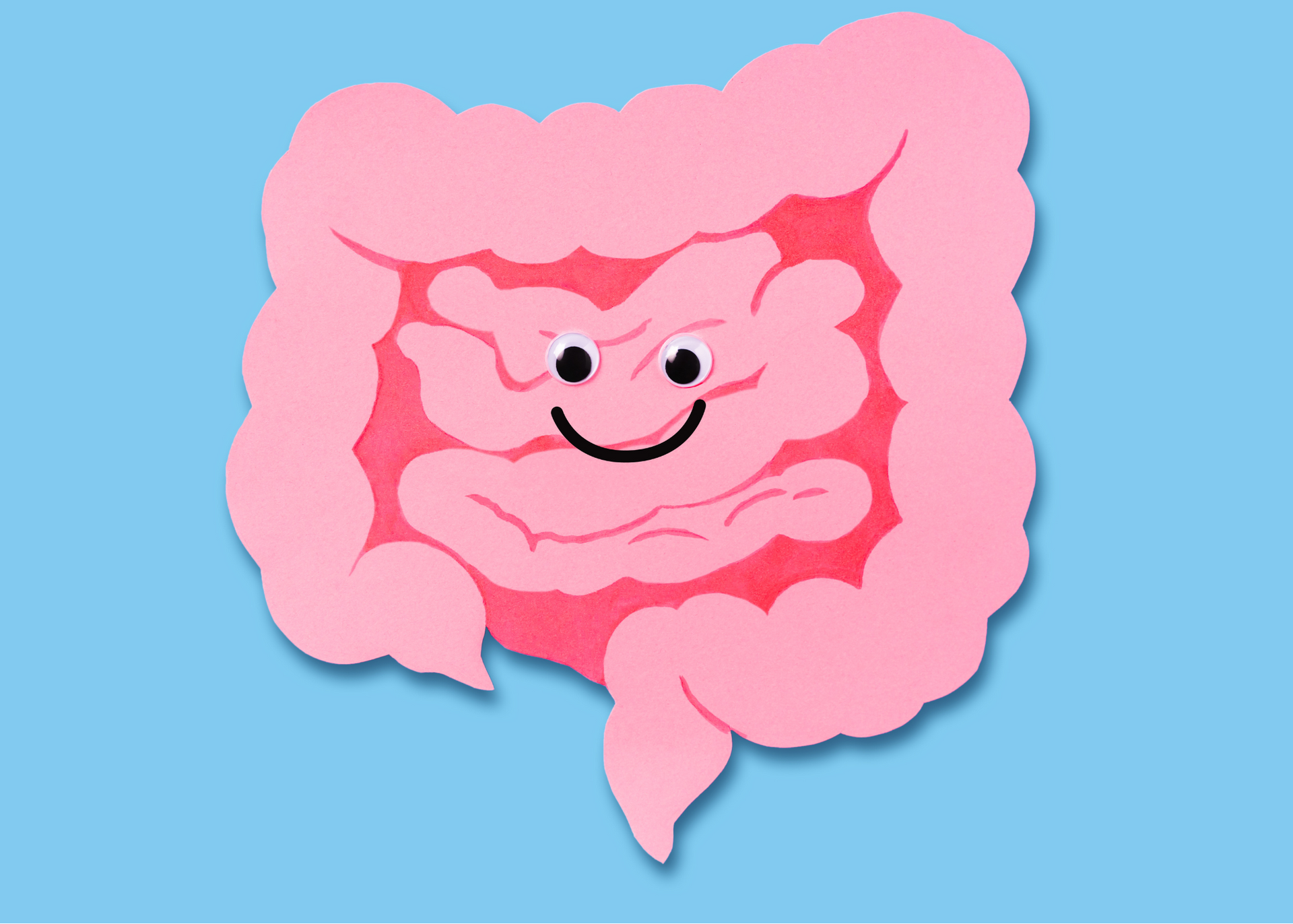The Top 7 Ways to Improve Your Gut Health for Healthy Hormones

A healthy gut is key for having balanced hormones.
Research shows poor gut health is connected to an increased risk of hormonal issues like hormonal acne, PCOS,
estrogen dominance, endometriosis,
infertility, and hormonal cancers like breast cancer and ovarian cancer.
But our gut health isn’t just linked to imbalances in our sex hormones.
It’s also linked to the health of our thyroid hormones, blood sugar hormones, and stress hormones.
How to Improve Your Gut Health and Balance Your Hormones
If you’re unsure whether your gut is healthy, check out this blog post where I share the top three signs you need to ask when it comes to your gut health.
If you think your gut needs some TLC, here are my top seven tips.
1. Minimize damage
First and foremost, minimize damage as much as possible.
That means reducing your alcohol, NSAID, and antibiotic use when appropriate.
Minimizing pesticide exposure from food is another way to protect your gut health, and referencing the
Environmental Working Group's dirty dozen and clean fifteen lists is a great way to guide your produce purchases.
2. Manage your stress
Managing stress supports healthy cortisol, estrogen and progesterone levels.
Instead of just saying “I’m going to try to reduce my stress”, I highly recommend getting specific.
Be proactive, find stress-relieving activities
you enjoy (this could be movement, journaling, mindful practices, or connecting with loved ones) and schedule them ahead of time.

3. Prioritize sleep
Sleep is a critical piece of the gut and hormone puzzle.
We need a minimum of 7 - 8 hours of sleep a night, and we have to make sure it’s high-quality, restful sleep.
Research shows when your body isn't getting enough high-quality sleep, your gut becomes more inflamed (which often causes "leaky gut") and your healthy gut bacteria take a hit.
To improve your sleep quality, create a simple but soothing evening routine, cut back on screen time before bed, reduce caffeine (especially afternoon caffeine), and sleep in a cool, dark room.
4. Heal your gut lining
Targeted nutrition can do wonders for gut health. Eating specific foods like bone broth and collagen peptides helps heal leaky gut and improve nutrient absorption.
Sipping on teas that contain ingredients like slippery elm, licorice root, and marshmallow root is another delicious way to soothe the gut lining and support healing.
Still noticing symptoms of leaky gut?
Consider
working with an expert for testing and a gut healing protocol made just for you.
5. Rebalance your gut with prebiotics and probiotics
Probiotics get a lot of attention, but prebiotics are often overlooked. Both are needed to have healthy, balanced gut bacteria.
Probiotics are live microorganisms that help populate the gut microbiome with “good” bacteria. Probiotics are found in yogurt, kimchi, sauerkraut and other fermented foods.
Prebiotics are compounds that feed the “good” bacteria already living in your gut. Prebiotics are found in various plants like bananas, apples, asparagus, garlic and leeks.
Everyone’s needs are different, but a good starting point is to eat at least one probiotic food and one prebiotic food every day.
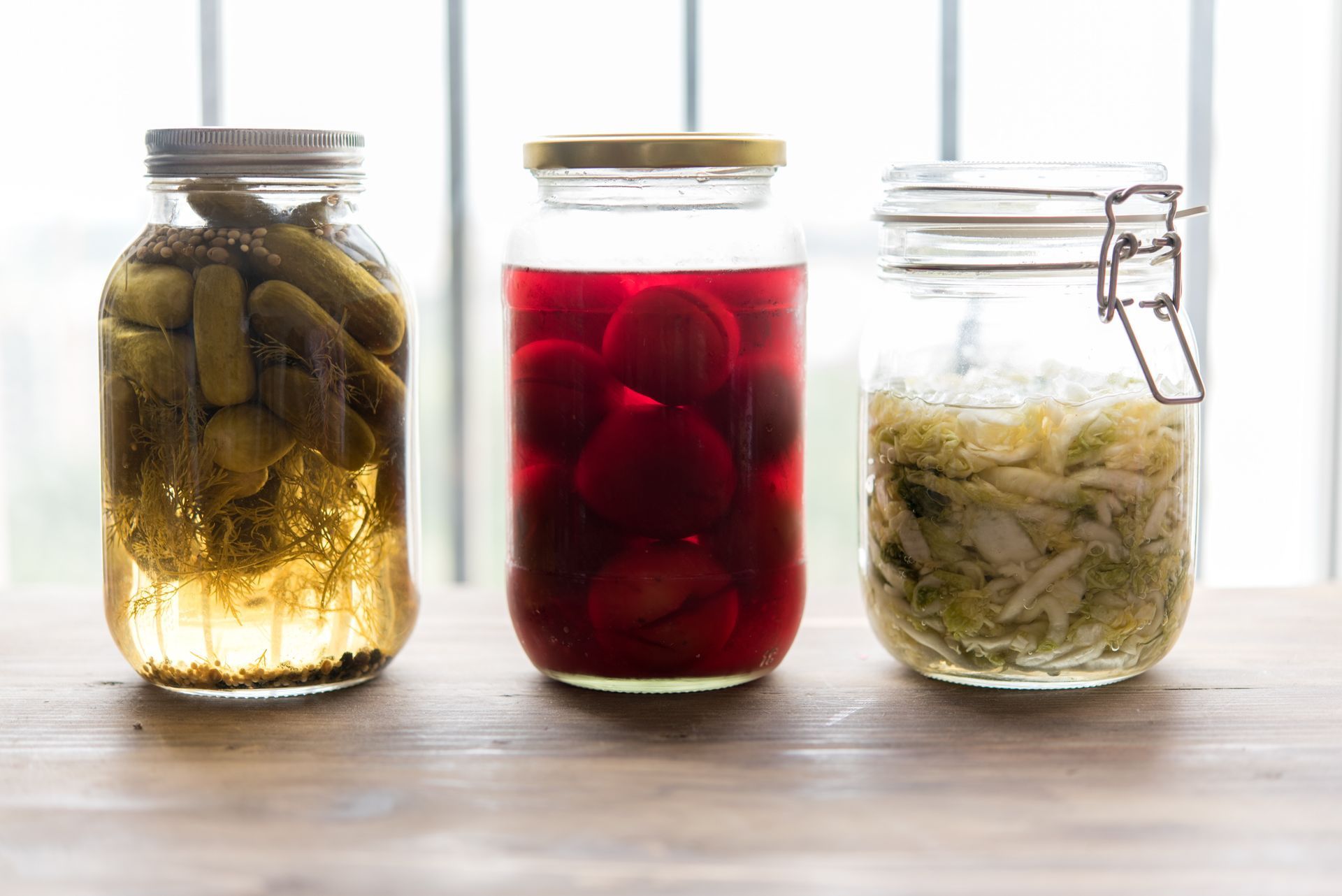
6. Audit your fiber intake
Only about 5% of adults in America are getting their recommended daily intake of fiber.
Most people know fiber can help with constipation (keep reading for a caveat), but fiber also supports gut bacteria balance and specific types of fiber are especially effective for binding to excess estrogen so it can be removed from the body.
For most people, 30 to 35 grams of fiber a day is the sweet spot. More isn’t always better - overdoing it can cause excessive gas and bloating.
When I say “fiber” you may be thinking “fruits and vegetables”. While those are great sources of fiber, there are way more than just those two!
Other great sources of fiber include nuts, seeds, whole grains, beans/lentils, and avocados (yes avocados are technically a fruit, but most people don’t realize they’re loaded with fiber).
Start by adding a vegetable to each meal, snacking on berries, nuts and seeds, or choosing whole grains instead of refined grains.
Make sure you increase your water intake as you increase your fiber intake. Eating more fiber but not drinking enough water can actually worsen constipation instead of making it better.
7. Balanced exercise
Moving your body supports a healthy gut.
Exercise can boost blood flow to the gut, and it indirectly benefits the gut thanks to its ability to reduce stress levels, improve sleep quality, and stabilize our blood sugars.
Research shows it even has the power to boost our good, healthy gut bacteria.
But not all exercise is created equal. While some forms of exercise can boost blood flow to the gut, some exercise like long-distance running and HIIT can actually direct blood away from the gut and cause gut damage and inflammation.

Professional Support
The internet is full of recommendations for how to heal your gut, but piecemealing these recommendations together and sorting through conflicting recommendations is bound to leave you overwhelmed and frustrated.
These seven tips are proven with research studies and vetted by yours truly, so you can rest assured they are a great starting point for shifting your gut health back in the right direction.
If you need more guidance, I’m happy to help. Gut healing can be a tricky process, but working with a professional makes it so much easier.
Apply to
work with me for one-on-one support, comprehensive testing, and individualized plans tailored to your specific needs.
If you want to learn more about balancing your hormones naturally, check out my
Restore Program. I’ll walk you through all the hormone-balancing essentials including a step-by-step guide to gut health like how to balance your gut bacteria, fix constipation, and support the vagus nerve.
Continue Reading
